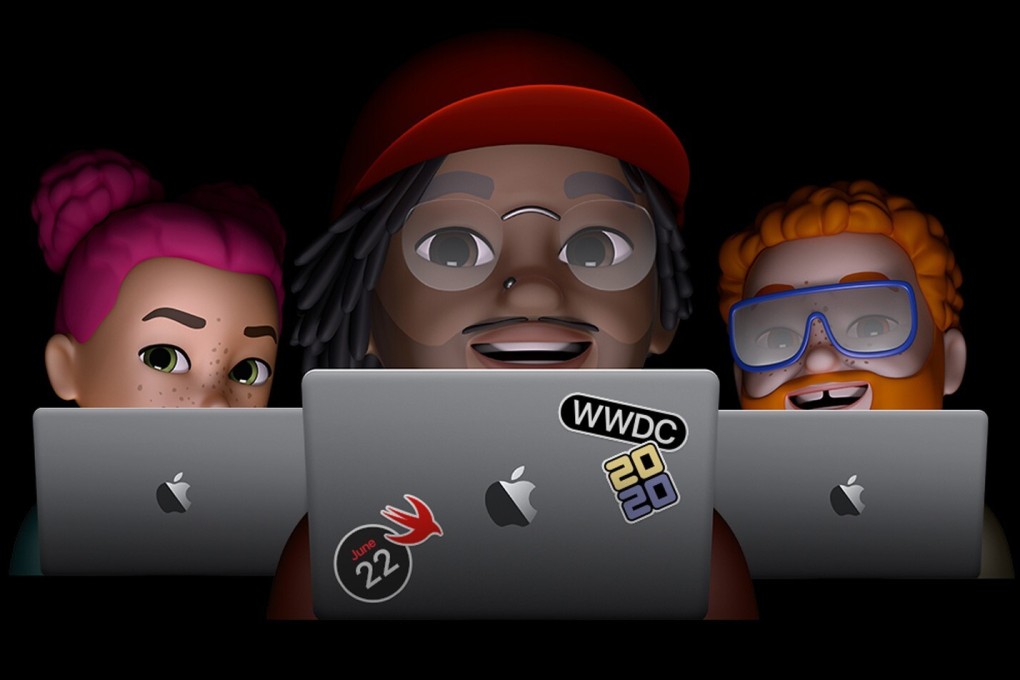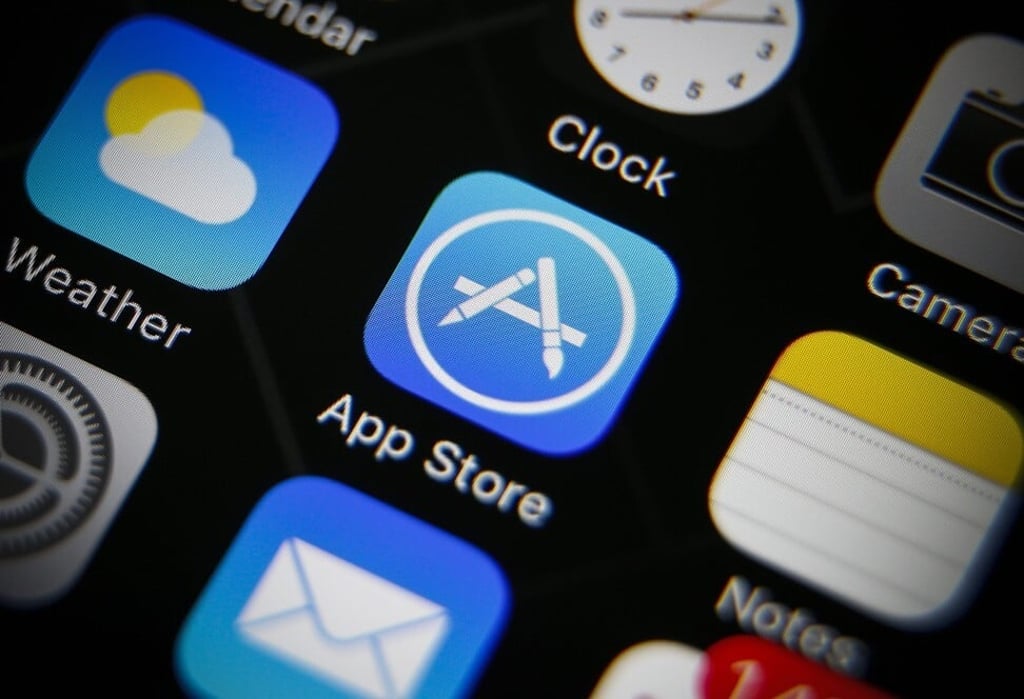Apple to sell developers on building new apps amid pushback
- Some of the group’s anger was sparked by Apple’s rejection last week of a popular email app
- Hanging over the Worldwide Development Conference is an investigation by European regulators that could change the way Apple and developers make money from the App Store

Apple will walk into its annual development conference facing one of the biggest backlashes from its giant community of creators since its App Store started almost 12 years ago.
The past week started with the Cupertino, California-based company touting that the App Store generated US$519 billion in revenue for the global economy last year. It ended with the rejection of the Hey email app, in part, because the developer would not give Apple a cut of the subscription revenue.

“We thought Apple realised that developers made the platform, but this incident has explicitly made clear that Apple sees developers as a source of revenue only,” said Aaron Vegh, a long-time software developer. “And that’s a difficult pill to swallow.” He said the action of the past week would be front of mind at the conference.